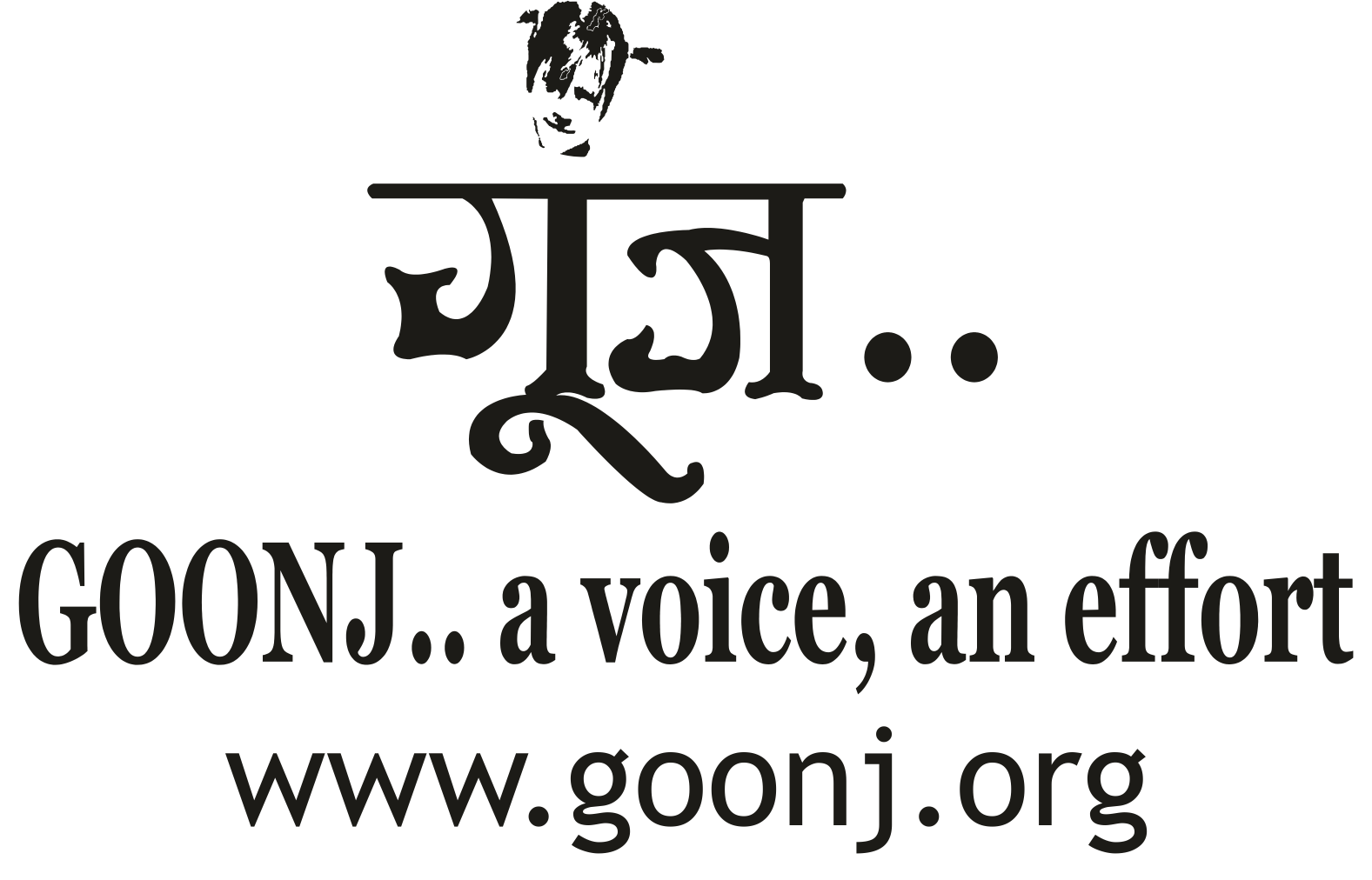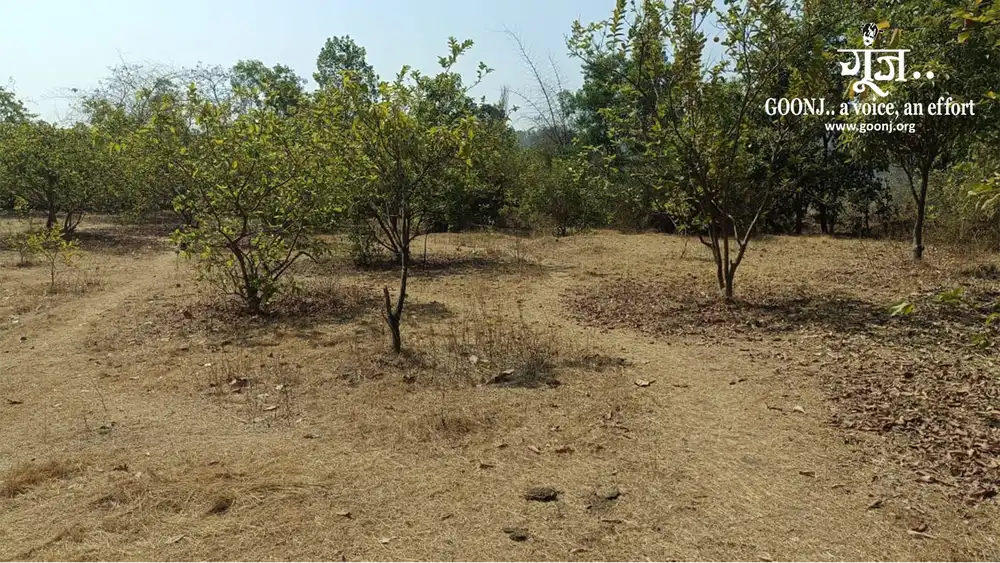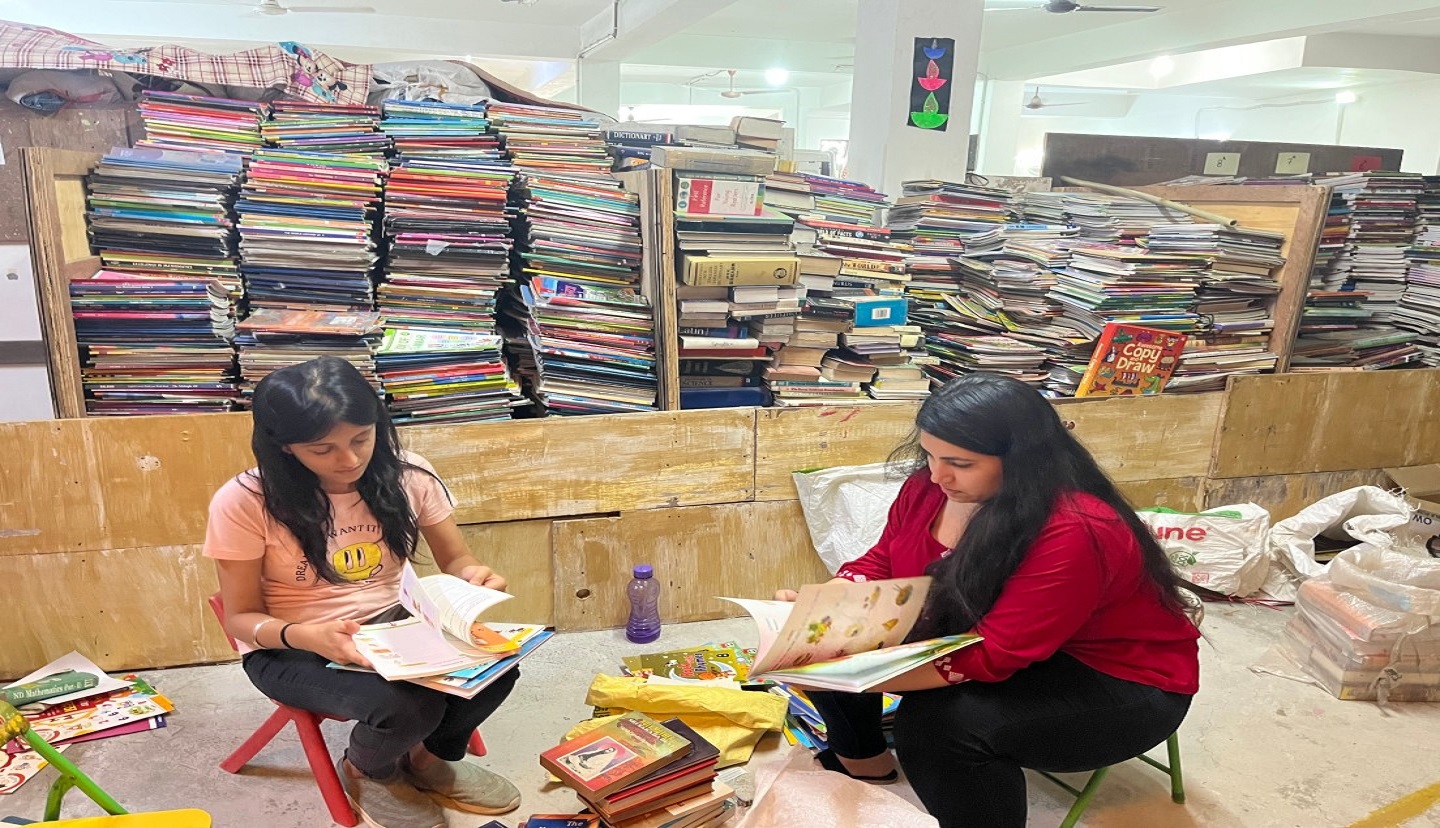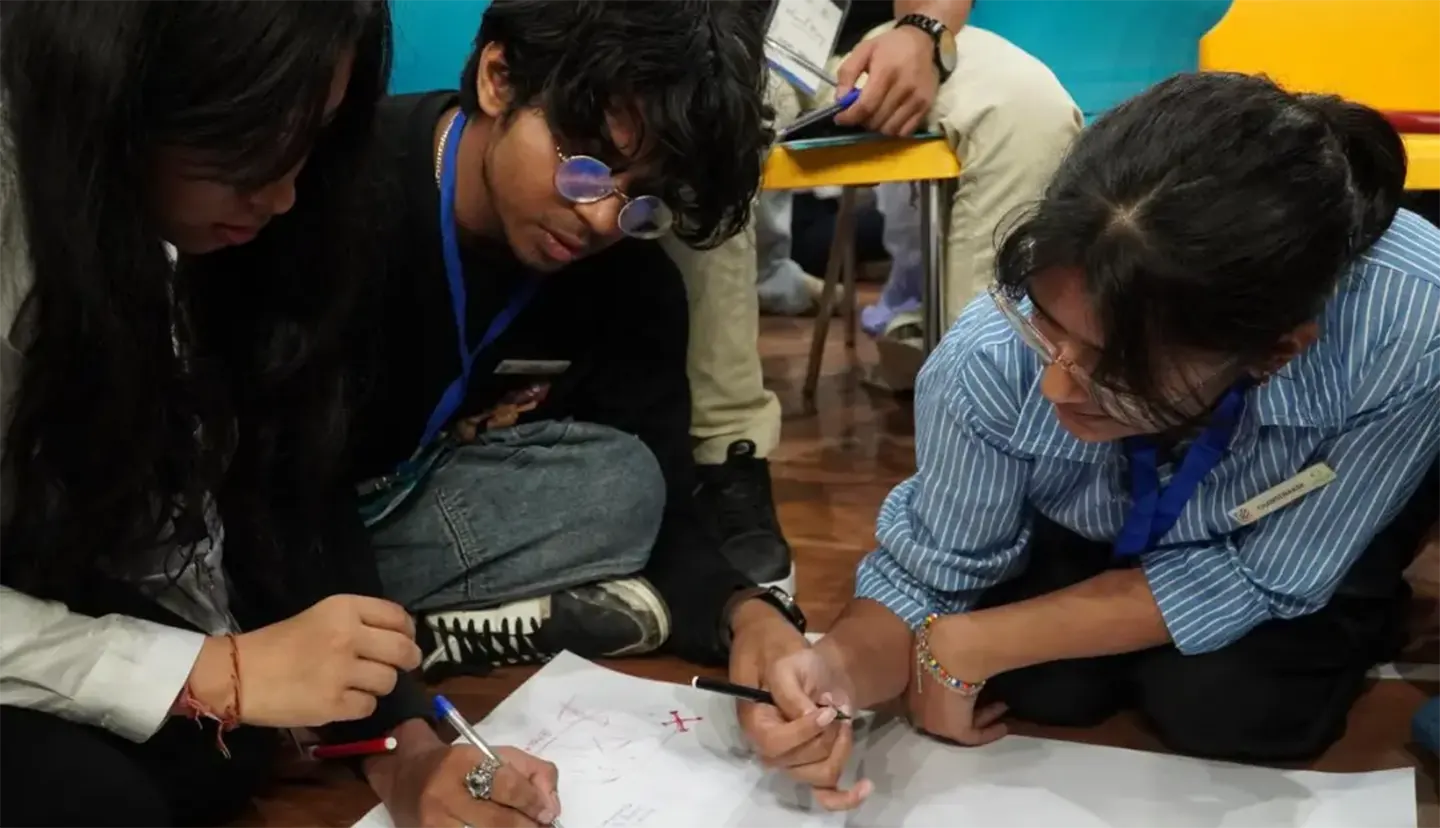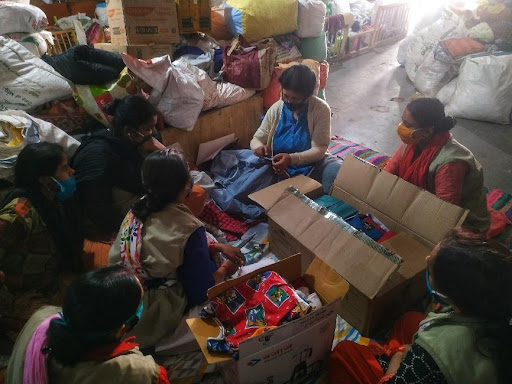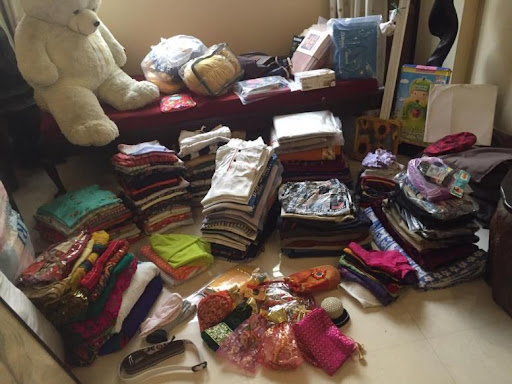A Hilly Village, a Seasonal Struggle, and a Collective Will
In Poyshet (Pawarpada), a small tribal village nestled in the hills of Jawhar block, Palghar district, Maharashtra, daily life is deeply dependent on agriculture and nature.
Though rich in cultural heritage like Warli art, the village has long faced a recurring hardship: acute water shortages from November to June. For years, families, especially women, walked long distances for water as wells dried up, and farming became uncertain.
“It’s not just water scarcity, it’s a chain reaction that affects health, education, and livelihoods,” shared a resident.
Community Dialogue Sparks Action Through Cloth for Work
Inspired by nearby villages where Goonj’s Cloth for Work (CFW) had catalysed local change, the villagers in Poyshet decided to organise a collective meeting. During this meeting, water emerged as the most urgent issue, and a solution was proposed, building CCTs (Contour Trenches) to retain rainwater and recharge the groundwater table.
Between 12th–14th April 2024, the entire community mobilised into action.
- Over 80 people participated
- The activity spanned 3 days of collective effort
- CCTs were dug in strategic locations around the village’s open land
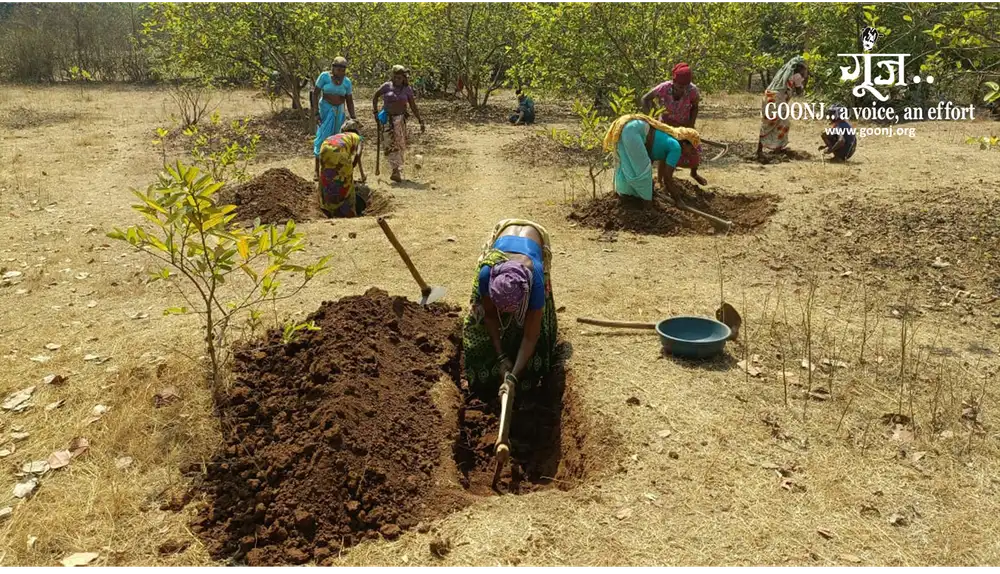
Women and Men Digging Contour Trenches in Palghar
Women at the Forefront of Water Conservation
As the physical work began, it was the women who led from the front , understanding firsthand the toll that water scarcity had taken on their bodies, time, and families.
“When the water problem begins in November, we women suffer the most. We’ve faced health issues because of it. This work is for our daughters, so they don’t go through the same,” said Praveeni Pawar, a participant.
Their work wasn’t just about trenches; it was about healing the land and ensuring intergenerational dignity.
Community Gains, Seasonal Relief, and Renewed Partnership
The effort paid off. With the monsoon approaching, the trenches began trapping rainwater, allowing slow percolation into the earth, a step toward lifting groundwater levels and restoring year-round access to water.
On 18th June 2024, Goonj rewarded the community’s effort through CFW material kits, reinforcing the value of collective labour and dignified exchange.
“We want to work with Goonj again,” said several villagers. “We don’t want to wait for solutions, we want to build them.”
Cloth for Work as Climate Action, Grounded, Gendered, and Grassroots
This is more than a water story. It’s a reminder that climate resilience is most powerful when it is locally led. Through Goonj’s CFW model, the people of Poyshet didn’t just adapt; they planned, participated, and led.
They dug for water and unearthed dignity, solidarity, and sustainability.
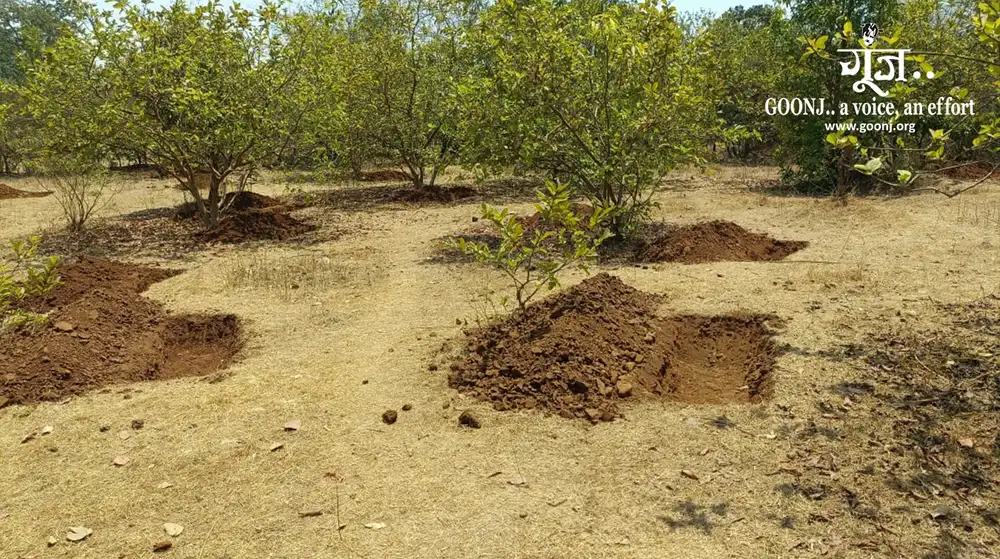
Fields after “Cloth For Work” work being done
Be a Part of Change
Our invitation to you is, start from where you are.. From a small change of starting a Goonj kee Gullak or Team 5000, joining a long and deep change process, or things in between- organising a collection drive, a volunteering journey, an internship, or simply walking with us signing for a Goonj monthly newsletter subscription.. More on www.goonj.org or write to [email protected].
Many options, but the choice is always one; Taking Action..
